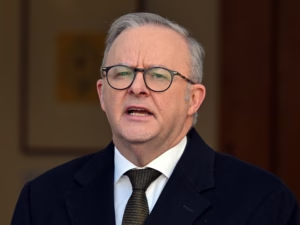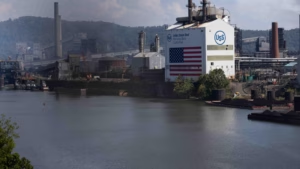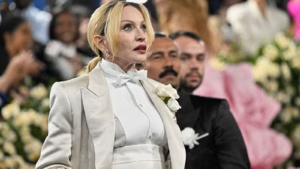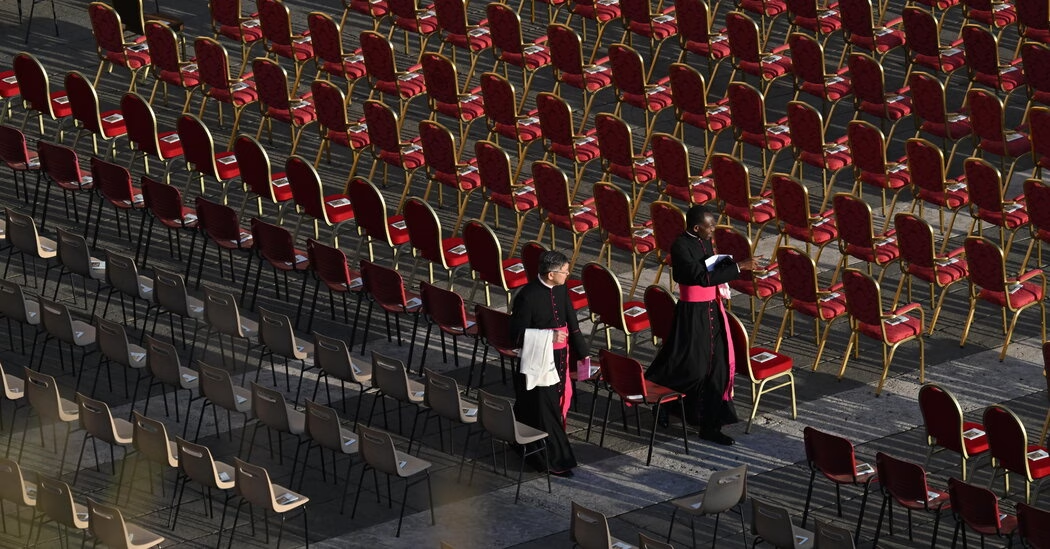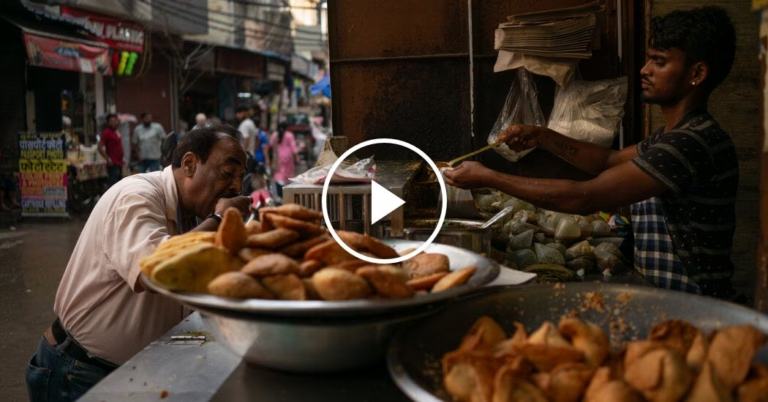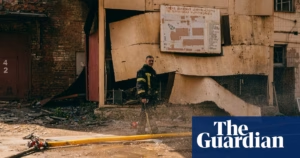Pope Francis’ life took him from a modest upbringing in Buenos Aires to lead the Roman Catholic Church as the first Jesuit pontiff and the first from Latin America. Across his 12 years as pope, Francis consistently elevated the causes of migrants and the disenfranchised, and pushed the church to more forcefully confront its own history of scandal. His efforts to make the church more inclusive were welcomed by his supporters and many Catholics, but some conservatives pushed back as he veered from traditional teachings.
In 1936, Pope Francis was born Jorge Mario Bergoglio in Buenos Aires. His parents were immigrants from Italy, and he was the eldest of five siblings. As a boy, he was intelligent, deeply religious, and loved to dance the tango.
In 1952, at 16, Jorge was rushing to meet friends but paused at the Basilica of St. Joseph in Buenos Aires, feeling an urge to go inside. It was in the sanctuary that it felt as though “someone grabbed me from inside,” he said. He later joined a seminary.
In 1969, after 13 years of study, Jorge Mario Bergoglio was ordained as a priest.
In 1973, Father Bergoglio became the head of the Jesuits, an order of priests, in Argentina. However, his tenure ended in controversy, and church authorities sent him into de facto exile in Frankfurt, Germany, and then to Córdoba, Argentina.
In 1992, Father Bergoglio’s exile was interrupted when he was unexpectedly named an auxiliary bishop of the Buenos Aires diocese. He became archbishop six years later, and focused on outreach to the poor. He was elevated to cardinal in 2001.
In 2013, Francis was elected pontiff after Pope Benedict XVI resigned, citing health concerns. He tried to move the church away from divisive issues such as abortion and homosexuality, instead focusing on climate change, poverty, and migration.
In 2014, the United States and Cuba restored diplomatic relations for the first time in decades. Francis was credited with helping bridge the divide between President Barack Obama and President Raúl Castro of Cuba, leading to the historic breakthrough.
In 2015, Francis released “Laudato Si,” the first papal encyclical focused solely on the environment. It called for protecting the environment and denounced the excesses of global capitalism in exploiting the poor.
Also in 2015, Francis became the first pope to address Congress during a six-day trip to the United States.
In 2016, Francis repeatedly sought to stand up to nationalism. During the U.S. presidential election, he suggested that Donald J. Trump, the Republican candidate, was “not Christian” because of his preference for building walls rather than bridges.
In 2018, Francis reached a provisional agreement with the Chinese government over the appointment of bishops in the country. The deal gave the church greater access to China, but also legitimized seven bishops appointed by Beijing, which critics said set a dangerous precedent.
In 2019, Francis issued the church’s most comprehensive response in decades to the sexual abuse crisis. However, it did not require officials to report abuse to the police, an omission that enraged victims.
Also in 2019, a meeting of
Source: https://www.nytimes.com/live/2025/04/26/world/pope-francis-funeral/pope-francis-funeral-seating
